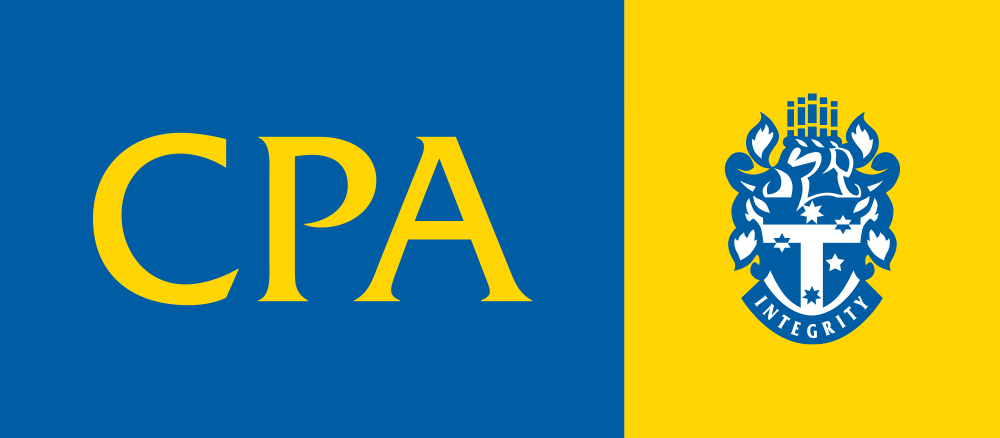Each Christmas business owners ask us what they can deduct from their work Christmas parties and gifts because the tax outcomes for these can be so complicated and confusing.
Here’s what you need to know:
Client Gifts
At this time of the year it is common to provide gifts to existing clients and customers as a thank you for their business.
As the gift is an expense to your business, it is generally considered to be a tax deduction. The ATO has considered the act of gift making to clients, and several cases exist where the tax treatment has been tested in the courts. If there is an expectation that the gift will either generate future business from the client or motivate them to refer your services to others, it is considered that the expense of the gift was in the nature of business promotion and is a tax deduction.
It should be noted that the gift does not constitute the provision of entertainment which is a non-taxable deduction.
Christmas Parties For Your Team
This is where it starts to get complicated.
The ATO’s view is that the cost of a Christmas party is tax deductible only to the extent that it is subject to FBT. As a result, Christmas party costs that are exempt from FBT (where the costs relate to exempt minor benefits and exempt property benefits) cannot be claimed as a tax deduction.
If you are not a tax-exempt organisation and do not use the 50-50 split method for meal entertainment, the following explanations may help you determine whether there are FBT implications arising from a Christmas party.
Exempt Property Benefits. The costs (such as food and drink) associated with Christmas parties are exempt from FBT if they are provided on a working day, on your business premises and consumed by current employees. These costs are known as an “Exempt Property Benefit”. The property benefit exemption is only available for employees, not family members.
Exempt Benefits – Minor Benefits. The provision of a Christmas party to an employee may be a minor benefit and exempt if the cost of the party is less than $300 per employee and certain conditions are met. The benefit provided to an associate of the employee may also be a minor benefit and exempt if the cost of the party for each associate of an employee is less than $300. The threshold of less than $300 applies to each benefit provided, not to the total value of all associated benefits.
Scenario Examples:
Christmas Party Held on the Business Premises on a Working Day
SCENARIO | Tax Implications |
Current employees only attend |
|
Current employees and their associates attend at a cost of $180 per head |
|
Current employees, their associates and some clients attend at a cost of $365 per head |
|
Christmas Party Held Off the Business Premises
SCENARIO | Tax Implications |
Current employees only attend at a cost of $195 per person | No FBT as the cost is less than $300 per head (where the minor benefits exemption applies). No tax deduction and no GST credits |
Current employees and their associates attend at a cost of $195 per person | No FBT as the cost is less than $300 per head (where the minor benefits exemption applies). No tax deduction and no GST credits |
Current employees, their associates and clients attend at a cost of $365 per person | For employees & associates – FBT applies as the cost is more than $300.00. Claim tax deduction & GST credits For clients – no FBT, no income tax deduction and no GST credits |
Current employees and their associates attend at a cost of $195 per person. Employees also provided with a hamper (non-entertainment gift) costing $150 per person * |
|
* Non-entertainment benefits provided to employees at the Christmas party, such as a hamper, are considered separately when applying the $300 minor benefits exemption. Although the total cost per person is more than $300, each benefit should be considered separately under the minor benefits exemption.
Gifts Provided to Employees at a Christmas Party
At this time of the year it is common to provide gifts to existing clients and customers as a thank you for their business.
The giving of a gift to an employee at Christmas time may be a minor benefit that is an “exempt benefit” where the value of the gift is less than $300.
Where a Christmas gift is provided to an employee at a Christmas party, the benefits are associated benefits, but each benefit needs to be considered separately to determine if they are less than $300 in value. If both the Christmas party and the gift are less than $300 in value each and the other conditions of a minor benefit are met, they will both be exempt benefits.
As the gift is an expense to your business, it is generally considered to be a tax deduction. The ATO has considered the act of gift making to clients, and several cases exist where the tax treatment has been tested in the courts. If there is an expectation that the gift will either generate future business from the client or motivate them to refer your services to others, it is considered that the expense of the gift was in the nature of business promotion and is a tax deduction.
It should be noted that the gift does not constitute the provision of entertainment which is a non-taxable deduction.
Scenario Examples:
Provision of Non-Entertainment Gifts
For example – Christmas hamper, bottle of wine, gift vouchers, flowers, other similar gifts
Employees & their family | Clients, suppliers & contractors |
|
|
Provision of Entertainment Gifts
For example – Theatre or musical gifts, movie tickets, sporting or event tickets, flights, accommodation, membership to a club
Employees & their family | Clients, suppliers & contractors |
|
|
If you are unsure about the FBT implications of your Christmas party or gifts, please contact our expert Advisory team today, and they can assist you!
*source: accountantsdaily.com.au. Scenario examples shown are based on an assumption that the business has not elected to use either the ‘50-50 split’ or ‘12 week register’ methods for FBT purposes.






